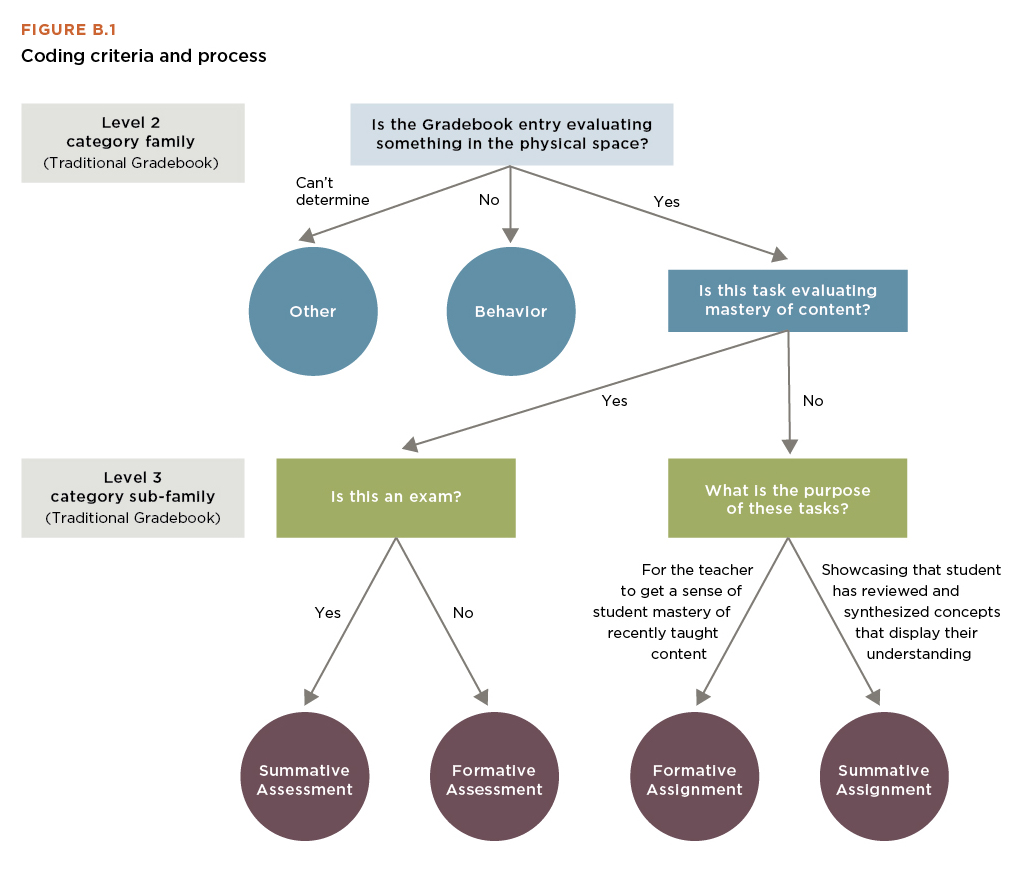1. Are students’ demographics, behaviors, and school experiences related to gender differences in grades?
2. How do teachers’ grading practices, including choice of grading categories and their weightings, influence differences in grades by gender?
Students' course grades matter. Research studies show that students' grades are more predictive than test scores of their future academic success, including high school and post-secondary outcomes. Yet nationally and within Chicago Public Schools (CPS), boys' grades are consistently lower than girls' grades. CPS leaders and educators want to meet their goal of "Bs or better" and strong educational outcomes for all students, and they are in conversation about how they're supporting boys.
This study aims to provide insights into this difference in boys’ and girls’ grades in Chicago by looking first at one grade level and one subject area—ninth-grade math (algebra and geometry)—using two school years of data, 2016–17 and 2017–18. Our findings are specific to math students in these years, and also suggest what may (and may not) be driving differences in other grades and subjects.
Key Findings
- The findings in this report do not provide a simple explanation for why young women earned higher grades than young men in ninth-grade math. We did eliminate possible drivers of the difference:
- Young women’s grades were higher even when we compared ninth-grade young men and women with similar school experiences (as measured by administrative data and survey measures) and previous test scores.
- Young women’s grades were higher in every grading category family (assessments, assignments, behavior, or other), and especially in assignments, when we compared young men and women across all math teachers’ ninth-grade grading category families.
- The weights that teachers applied to different grading categories had a small, but meaningful, influence on the size of the grade difference between young women and men.
- Ultimately, the differences in young women and young men's grades were not driven by prior achievement, attendance, out-of-school suspensions, nor school and math class experiences for the first-time ninth-graders in this study.

